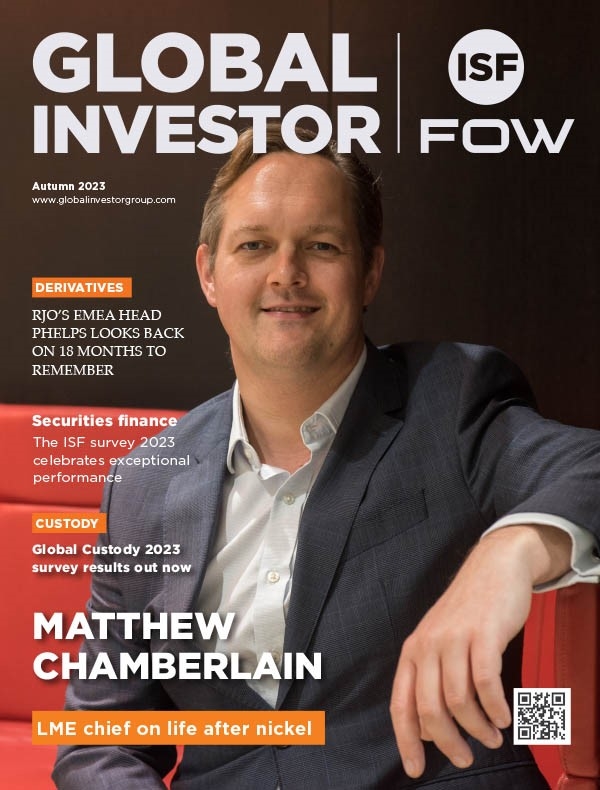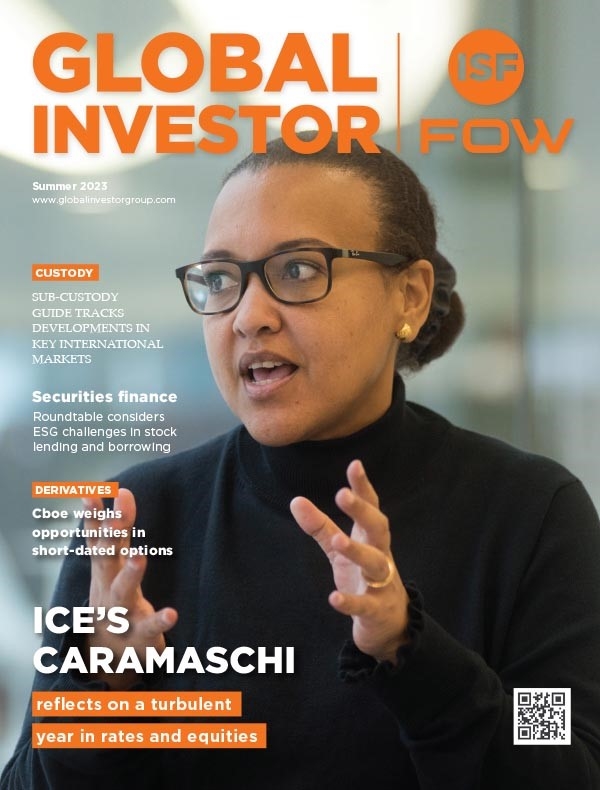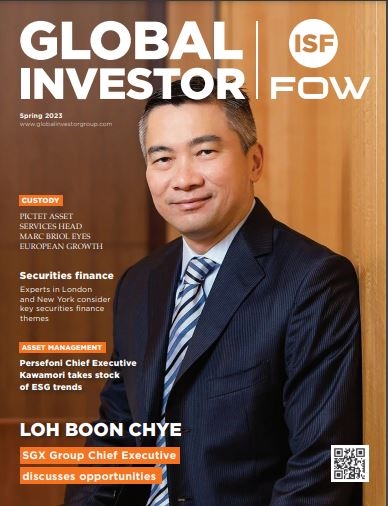Industry reacts to Scottish No vote

The UK economy is reeling from the Scottish referendum.
As the Scottish vote became increasingly certain overnight, the pound hit a two-year high against the euro and was up 0.43% at 1.2743 at 6.31am British time. GBPUSD went as high as 1.6525 overnight.
The markets have also welcomed the Scottish No with a Ftse surge, but analysts have given mixed views as to what the referendum result will mean going forward.
Along with reduced tensions in the Ukraine, the referendum result has meant the markets have now hit a "sweet spot", said Nick Beecroft, senior market analyst at Saxo Bank, who is optimistic about the outlook.
"With this tremendous source of uncertainty removed, equity markets can resume their upward march, driven on by excess global liquidity," Beecroft said.
"I therefore now expect a full explosion of animal spirits across markets, with GBP and USD flourishing, as they would have done without the threat of mayhem inherent in the risk of a Scottish Yes vote. EUR and JPY are looking especially weak."
However, James Humphreys, head of research at Duncan Lawrie Private Bank has pointed out that the UK might be in for a rocky ride and that investors are now going to be more wary of political instability within the UK. He said that "the future of politics in the UK has rarely looked this uncertain and has the potential to unsettle markets".
“The referendum has alerted investors to the considerable political risk in the UK," said Humphreys. "This particular obstacle may have been negotiated, but there will be further debate over the extent of the powers that the main party leaders plan to devolve to Scotland."
"The Clacton by-election in October is likely to show that UKIP is still making inroads into the Conservative heartlands. Next May there will be the much anticipated General Election, the outcome of which currently looks very uncertain. Then, assuming that there is a Conservative Government, there will be a referendum on UK membership of the EU in 2017."
"In particular, a referendum on our EU membership could cause some alarm among investors. The wobbles around the Scottish referendum are nothing compared to the concern that could precede the UK exiting the European Union.”
Viktor Nossek, head of research, Boost ET, agrees, saying that short-term damage to UK’s economic and political credibility "has already been inflicted" with investors taking short positions on the FTSE and UK gilts.
"With the No camp lacking an overwhelming majority, it exposes UK to future referendums if the dissolved powers proof too little to change Scotland’s mood for good. The perception of a weakened central government will force many investors to be cautious, either by reducing their expose, or by hedging their exposure to UK assets.
"UK growth will no doubt be under pressure and consumer sentiment will be negatively impacted by lower confidence in economic outlook. Ftse 100 and 250 companies will be heavily impacted by weaker consumer confidence and economic uncertainty. With the BoE expected to delay raising policy rates, inflation spikes are likely, driven by both strong domestic demand and a weaker pound. With higher inflation to feed through unhindered into the economy for a while, long-dated UK gilts could also succumb to pressure."
"As a clear indicator of investor bearish sentiment Boost ETP has seen rising trading activity in UK equity and debt ETPs, with investors buying geared short positions in the Ftse 100, Ftse 250 and UK 10-year gilts."
Insight Investment's Andrew Wickham, head of UK and global fixed income is less doom-and-gloom about the short-term impact, explaining that Insight itself has a short view on gilts unrelated to the referendum. Wickham does cede that the UK's political status could cause uncertainty in the future:
"Apart from some short-lived pressure on sterling, UK government bonds and equities were largely unmoved as Scotland’s fate was awaited. Insight Investment currently holds a modest negative view on UK gilts owing to our view that markets are not fully pricing in a rate hiking cycle that is set to begin next year. That story has not changed in light of the outcome of the Scottish referendum.
"However, a broader UK constitutional settlement has not been resolved and that could yet cause uncertainty."
This measured view was shared by Gillian Lofts, head of wealth and asset management for UK and Ireland at EY:
“Removing the uncertainty surrounding regulation and membership of the EU that an independent Scotland posed will be reassuring for the asset management industry. The EU fund passporting systems for Ucits and AIFMD form an important part of the industry’s business model, so all eyes will now be on the proposed EU referendum in 2017.”
Gareth Colesmith, senior portfolio manager also at Insight, highlighted the impact that the Scottish campaign as a whole has had on other nationalist region, particularly within Spain.
"Other separatist movements in Europe have been emboldened by the strong momentum the pro-independence lobby achieved in Scotland," said Colesmith "The push for independence by nationalists in regions such as Catalonia and the Basque country will remain a live issue into November, when Catalan separatists plan to hold a non-binding vote on independence."
"The Spanish government would seek to declare any vote as illegal in its Constitutional Court. This degree of opposition combined with the latest raft of policy measures unleashed by the European Central Bank is likely to reinforce a tightening bias in peripheral spreads."
Found this useful?
Take a complimentary trial of the FOW Marketing Intelligence Platform – the comprehensive source of news and analysis across the buy- and sell- side.
Gain access to:
- A single source of in-depth news, insight and analysis across Asset Management, Securities Finance, Custody, Fund Services and Derivatives
- Our interactive database, optimized to enable you to summarise data and build graphs outlining market activity
- Exclusive whitepapers, supplements and industry analysis curated and published by Futures & Options World
- Breaking news, daily and weekly alerts on the markets most relevant to you



